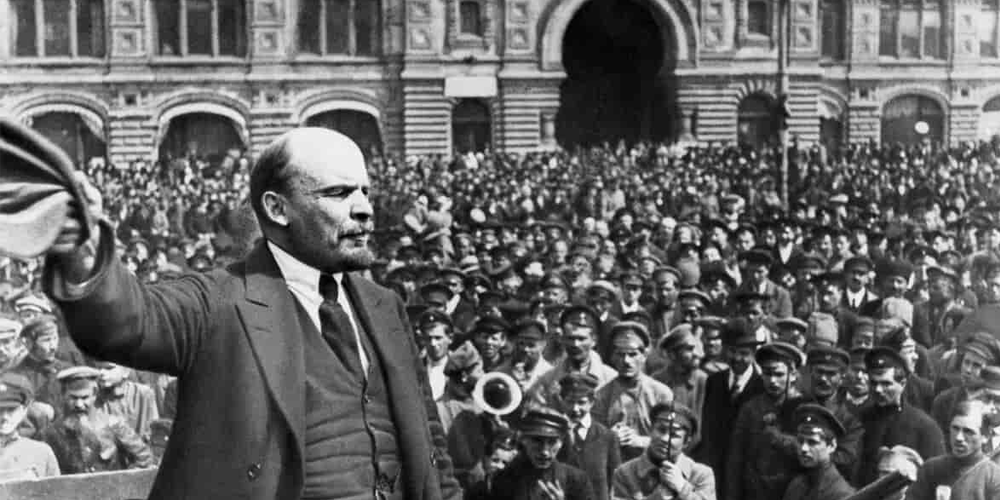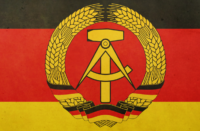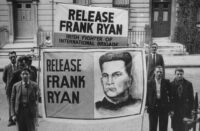Lenin said, “Revolutions are the festivals of the oppressed and the exploited” and November 7th is the Russian revolution day. The polyonymous revolution is called as October revolution or November revolution due to the change from the Julian calendar to Gregorian calendar which had a difference of 13 days. Every revolution brings with it new hopes and dreams. The French Revolution (1789) promised liberty, equality, and fraternity, and its reverberations spread far and wide – feudalism trembled. The Russian revolution which promised Bread, Peace, and Land to its people was not confined to Russian borders, it gave a new lease of life to the anti-colonial struggles and communist parties were formed everywhere in the 1920s with the aim of breaking the chains of imperialism. Capitalist class all over the world trembled, which was reflected in Churchill’s words, “strangle the Bolshevik baby in its crib.”
Woodrow Wilson believed that the Bolshevik government was too unstable to last more than a few months, and when it lasted longer than the 1871 Paris Commune (which lasted only for 70 days) Lenin danced in the snow in front of the Smolny headquarters. Lenin, in order to protect the Russian revolution, depended on the working class of Germany to produce a revolution of their own but was disappointed when opportunists like Karl Kautsky betrayed the working class, supported bourgeois nationalism and participation in the world war. Any hopes of a revolution in an industrially developed Germany, which would have altered the course of history, was extinguished with the assassinations of Karl Liebneckht and Rosa Luxemburg. Lenin understood the concrete situation and decided that industrialisation had to be accelerated, the New Economic Policy (NEP) was introduced to reduce the state control and to allow a certain degree of capitalism to give initial momentum for the economy.
Russia, when the Bolsheviks took over, was called the “sick child” of Europe because of poverty and economic crisis. The Soviet Union had to face counterrevolution, civil war, and imperialist attack, indicating that class struggle doesn’t end with the capture of state power.
The Soviet Union achieved a lot during the 70 years it survived: full employment, pension guarantees, maternity leave with pay, limits for the working day, free healthcare and education, subsidised vacation, low cost childcare, public transportation, roughly equal income, which became aspirational demands of the working class around the world. Eugene Debs, one of the founders of the Wobblies, was arrested for sedition in the US for having declared publicly that, “our hearts are with the Bolsheviks of Russia.” Perhaps the greatest achievement of the Soviet Union was to save the world from the tentacles of Nazism during WW2 for which it had to sacrifice 20 million of its citizens. The USSR also protected the countries of the third world from being trampled by the “iron heel” of imperialism and paved a sovereign path towards development.
When the Soviet Union collapsed in 1991 it was attributed to many factors, mainly abandoning principles of Marxism-Leninism like class struggle, undermining the role of the party, and giving up collective ownership and planning. Glasnost (openness) gave the predatory media the license to criticise, and Perestroika (reforms) gave them something to criticise. The Cold War and the arms race with the US, played its part in draining the Soviet economy. The collapse became inevitable. Obituaries written by Francis Fukuyama declared the “end of history” and the Soviet experiment was just an aberration.
A unipolar world without a counter to US hegemony emerged, initiating a series of imperial wars from Gulf (1992), Yugoslavia (1999), Afghanistan (2001), Iraq (2003), and Libya (2011). The world was open to imperial plunder and subject to neoliberal regimes to extract resources and exploit labour. Imperialism needs an enemy or it will create one, the Cold War was replaced by the “war on terror” after the 9/11 attack. Islamophobia was spread to justify illegal wars, genocide, and war crimes. The crisis which began in 2008, and which weakened capitalism, has made imperialism more aggressive. The US, realising that the ground from under its feet is eroding is trying to retain its hegemony at any cost. The US unilaterally backed out of the anti-ballistic missile treaty and Intermediate-Range Nuclear Forces treaty indicating its lack of commitment for peace.
The motive behind the escalation of war by funding Ukraine is to bleed the economy of Russia and thereby creating an internal turmoil against the government. The same applies to the Israeli escalation of war in West Asia, to pull Iran into the conflict. When Russia and Iran become weak then China can be isolated and targeted.
The interesting fact was when the hurricane caused $8.7 billion damage in the US at the same time $9 billion was given to Israel to escalate the war. The resource which should have been spent to rehabilitate its own people was diverted to fund a genocide in Palestine. It proves capitalism cannot solve problems; in fact it is the problem. The United Nations which works for peace has an annual budget of US$3 billion, whereas the US military budget is US$1 trillion: that gives an idea of the reckless world we live in.
At a time when capitalism is unable to solve the climate catastrophe, economic inequality, poverty, unemployment, and homelessness, the November revolution will always be a source of hope and inspiration for the working class to construct a better society free of exploitation; one of labour and mother nature.
Long live the November revolution!





